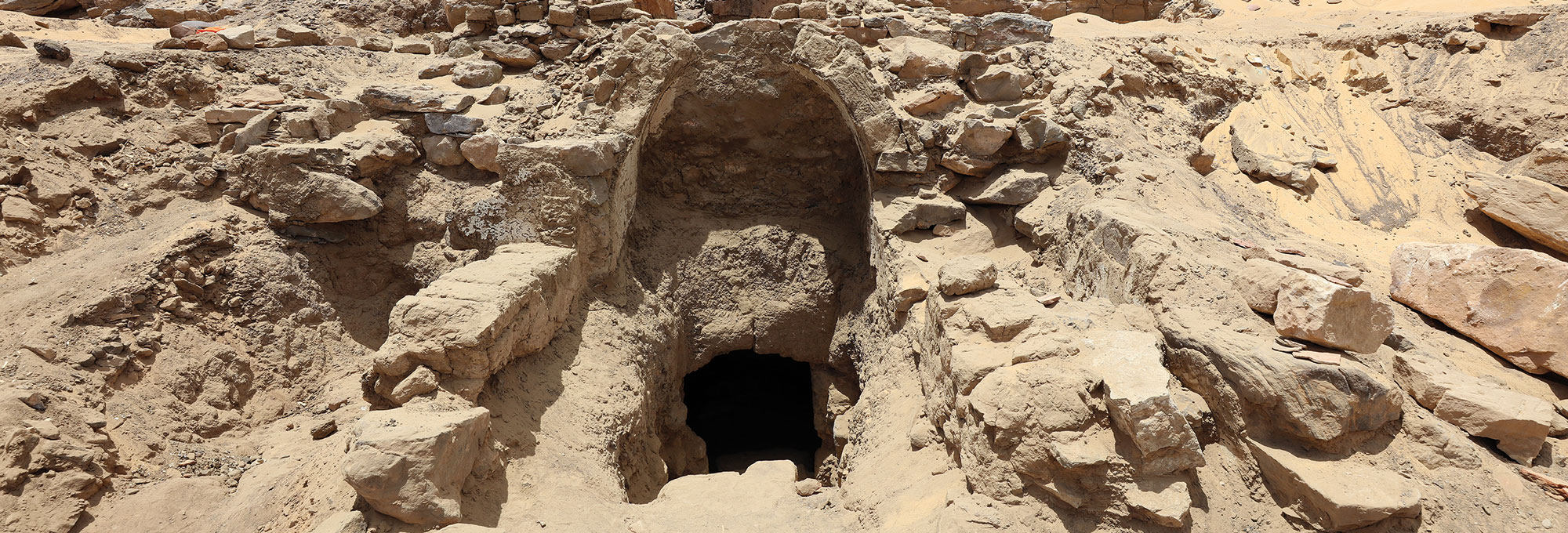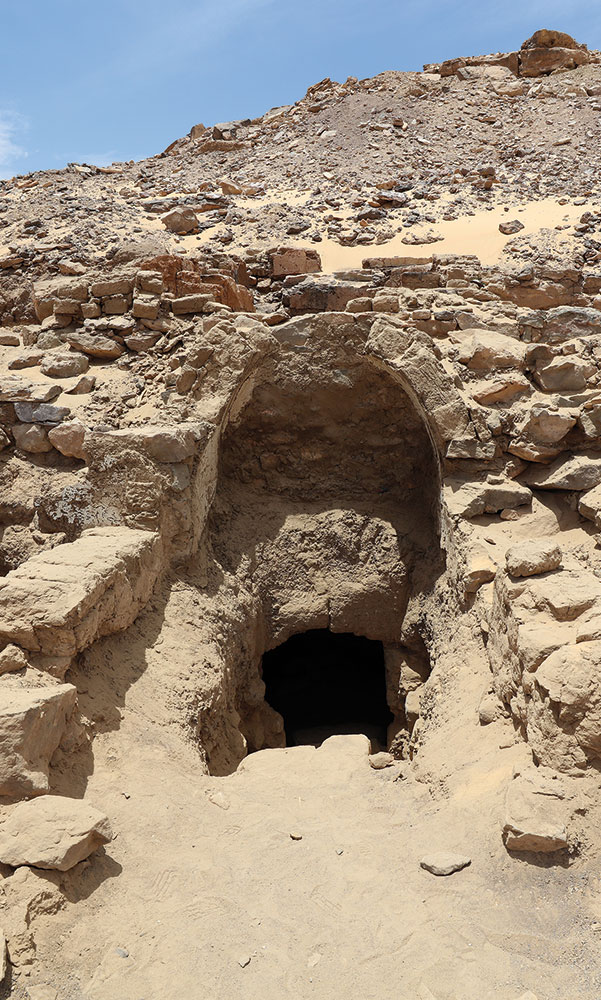NAGOYA, JAPAN—The Mainichi reports that the Middle Pleistocene fossils known as “Ushikawa Man,” once suggested to be the oldest known human remains in Japan, are actually bear bones. Paleoanthropologist Gen Suwa of the University of Tokyo’s University Museum and his colleagues recently studied the bones, which were discovered in a quarry in the city of Toyohashi in 1957 and 1959. The scientists determined that the fossils were at least 20,000 years old, and then compared them to the bones of 11 brown bears and 13 Asian black bears, using computed tomography scans. The study suggests that the fossils likely came from a brown bear. “As bear bones more than 20,000 years old, they are also of great value as historical resources,” commented University Museum curator Noboru Murakami. “The explanatory text of the replicas on display in [the Toyohashi City Museum of Art and History] will be updated in due course after a review,” Murakami concluded. To read about the genetic origins of modern Japanese people, go to "Japan's Genetic History."
Japan’s “Ushikawa Man” Fossils Analyzed
News January 3, 2025
Recommended Articles
Features September/October 2025
Myth of the Golden Dragon
Eclectic artifacts from tombs in northeastern China tell the story of a little-known dynasty
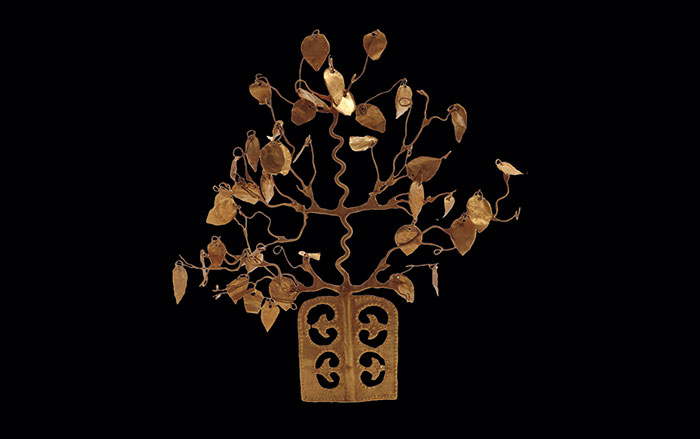
Features May/June 2025
Lost City of the Samurai
Archaeologists rediscover Ichijodani, a formidable stronghold that flourished amid medieval Japan’s brutal power struggles
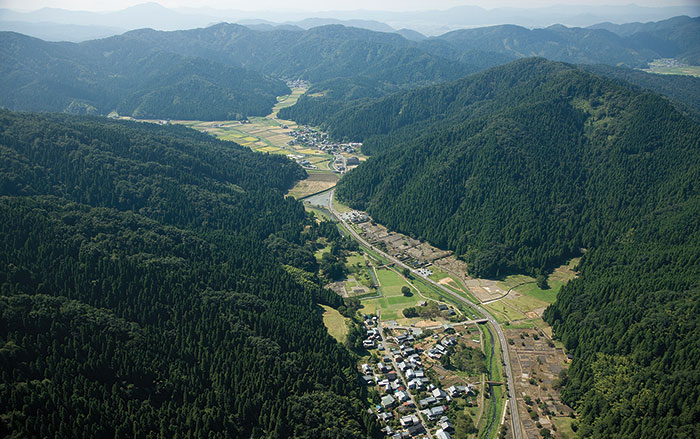
Digs & Discoveries March/April 2023
Weapons of Choice
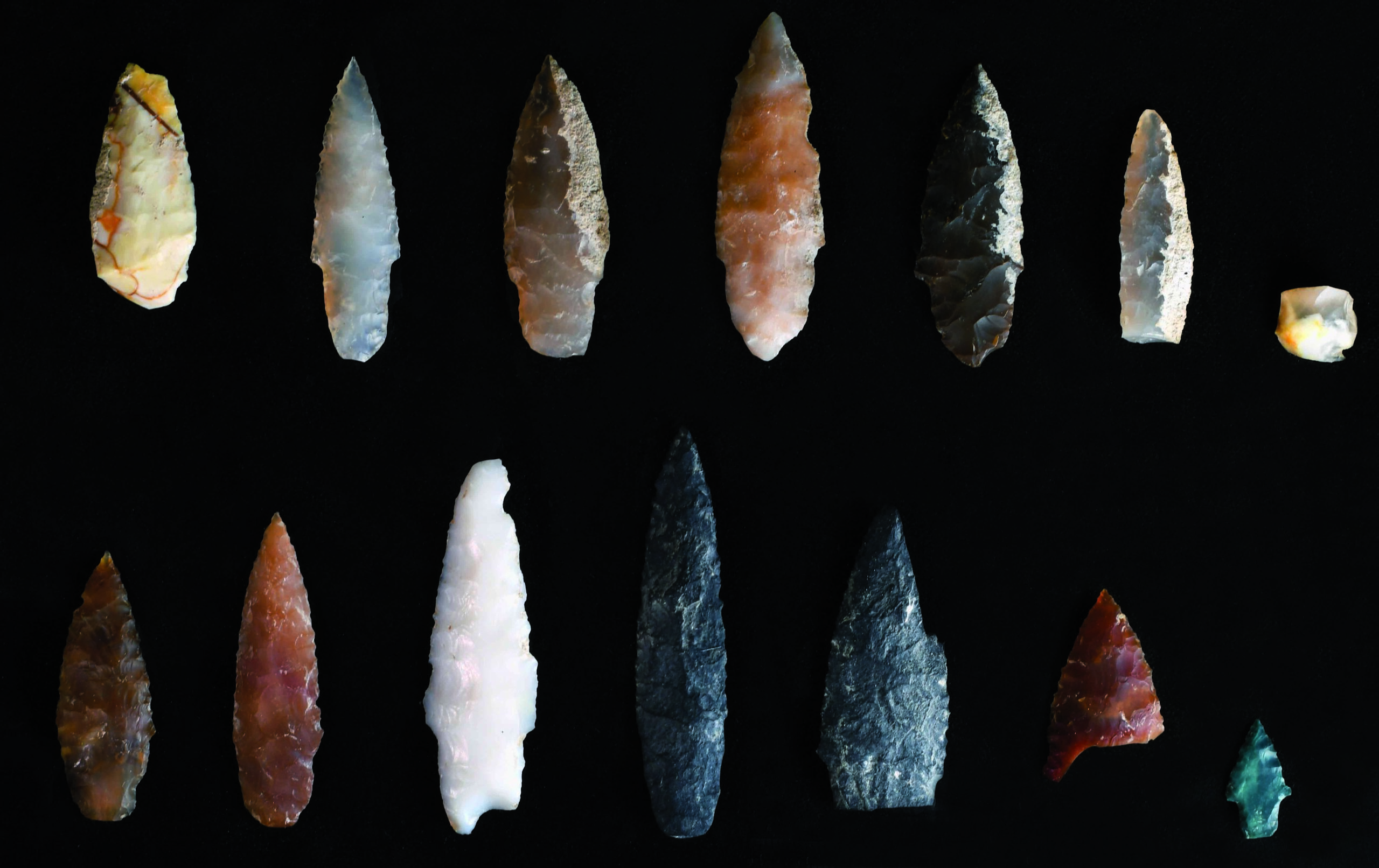
Digs & Discoveries January/February 2022
Japan's Genetic History
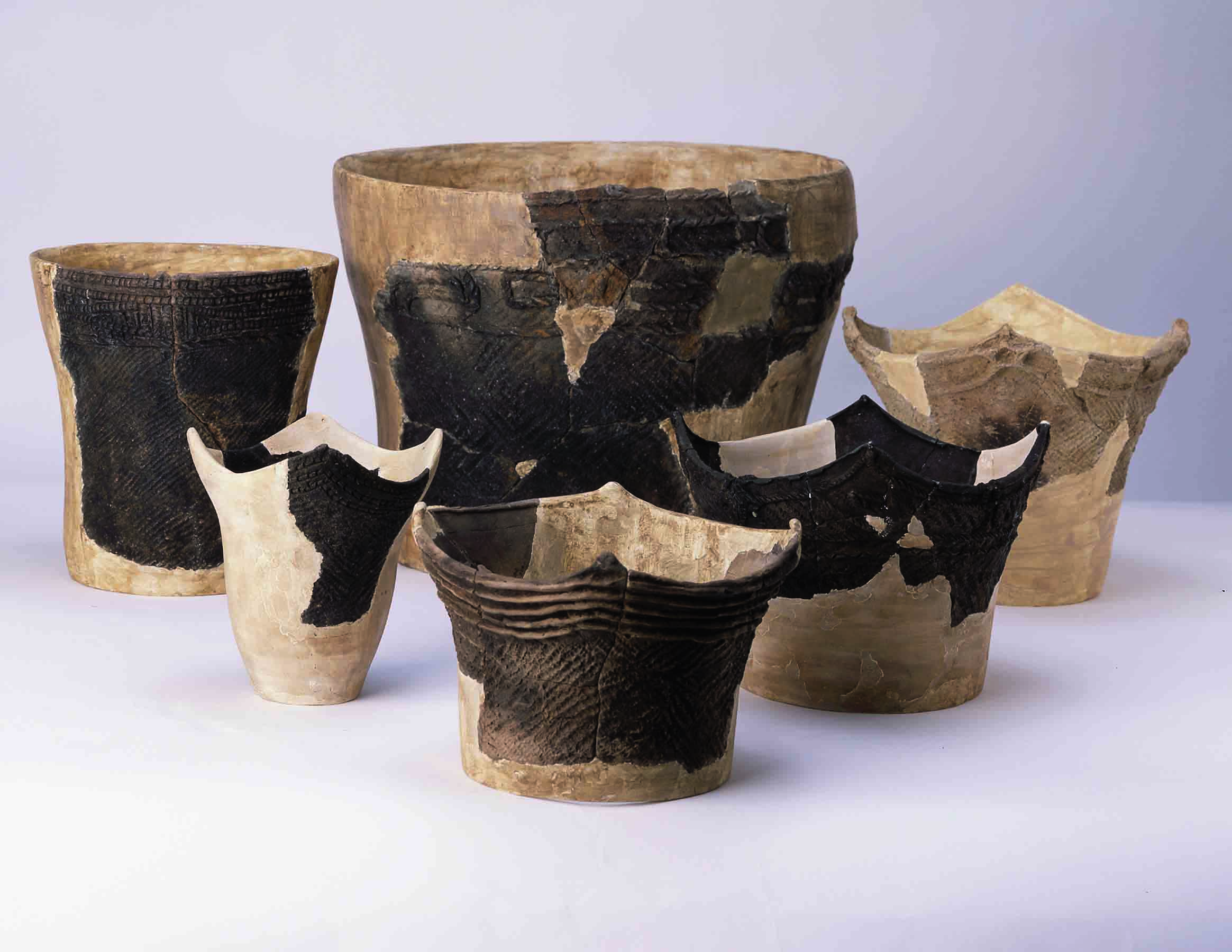
-
Features January/February 2025
Dancing Days of the Maya
In the mountains of Guatemala, murals depict elaborate performances combining Catholic and Indigenous traditions
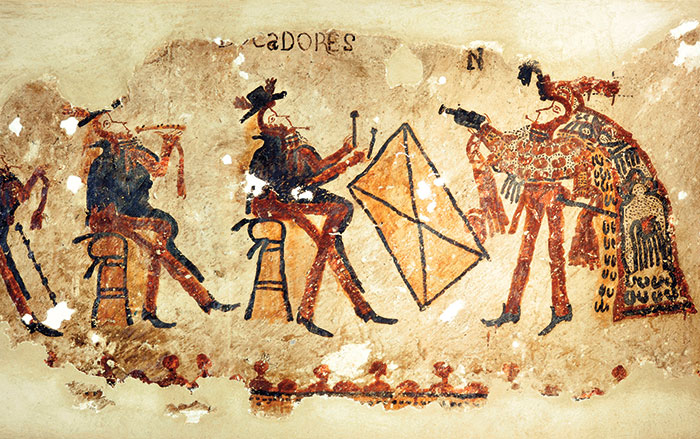 Photograph by R. Słaboński
Photograph by R. Słaboński -
Features January/February 2025
Unearthing a Forgotten Roman Town
A stretch of Italian farmland concealed one of the small cities that powered the empire
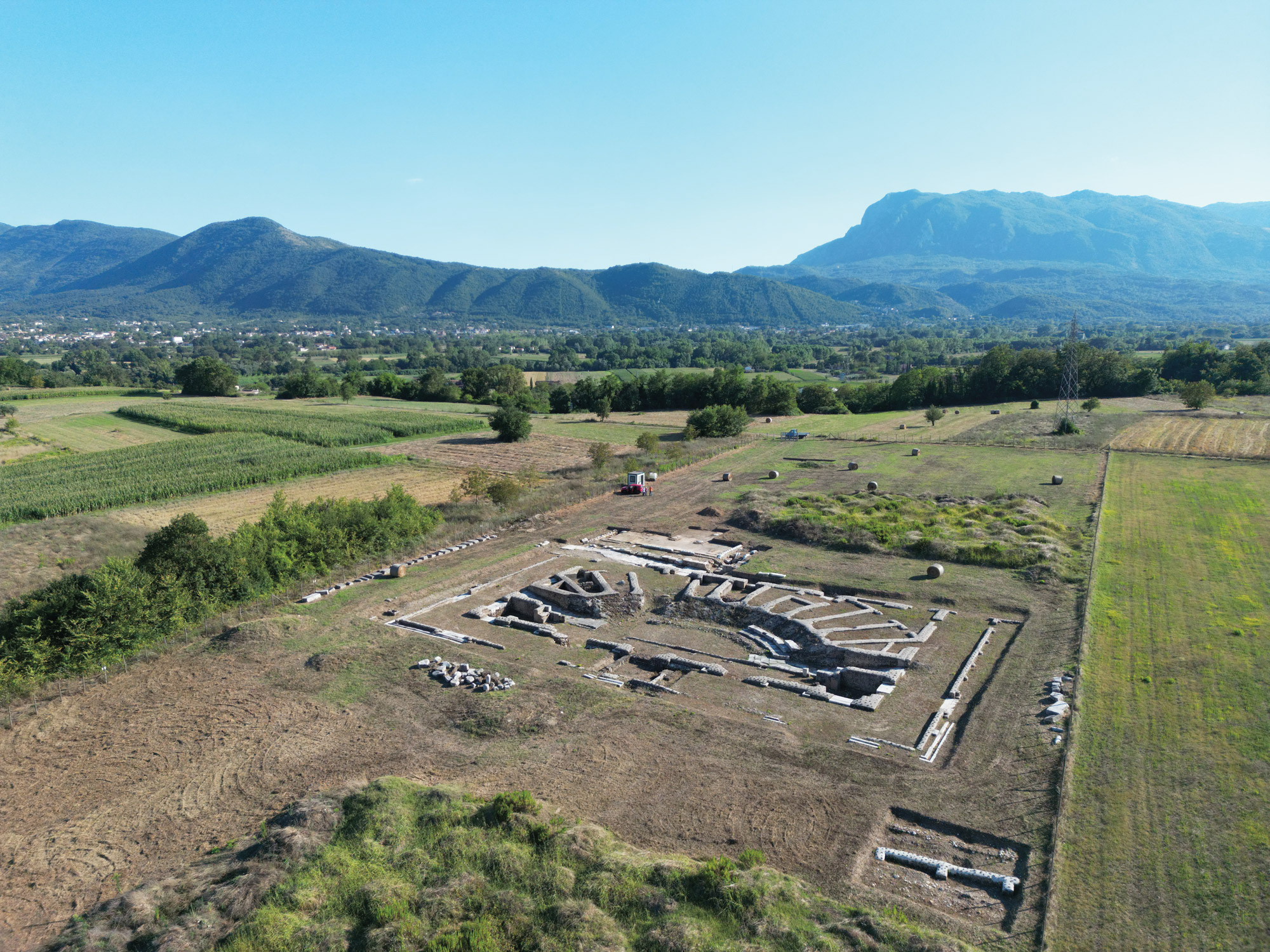 Photo Courtesy Alessandro Launaro
Photo Courtesy Alessandro Launaro -
Features January/February 2025
Medieval England’s Coveted Cargo
Archaeologists dive on a ship laden with marble bound for the kingdom’s grandest cathedrals
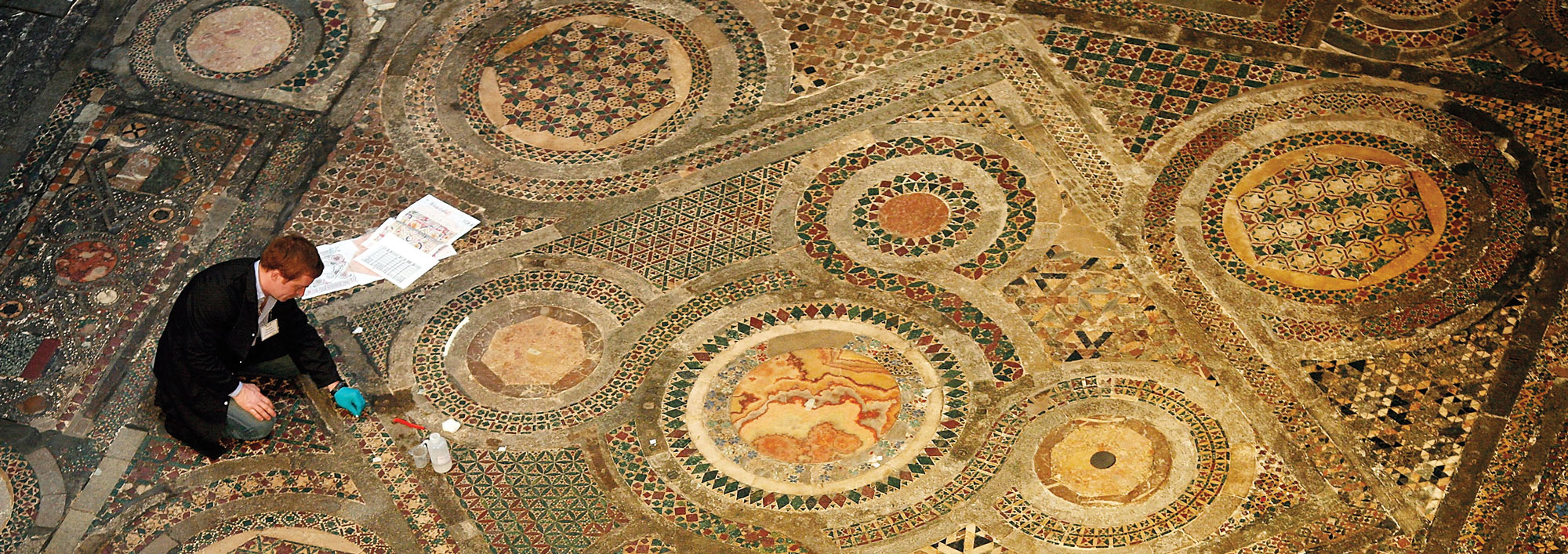 Peter Macdiarmid/Getty Images
Peter Macdiarmid/Getty Images -
Features January/February 2025
Lost Greek Tragedies Revived
How a scholar discovered passages from a great Athenian playwright on a discarded papyrus
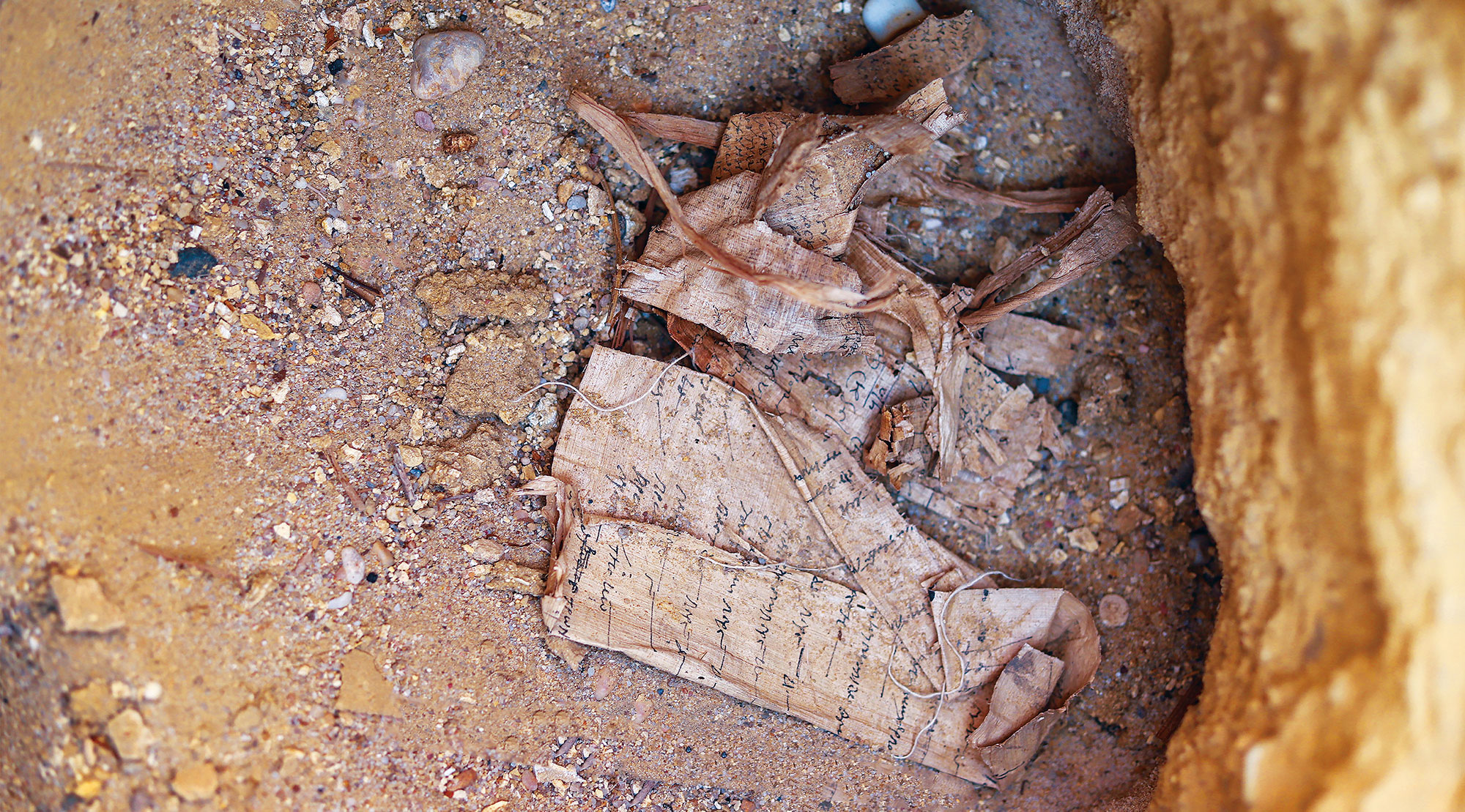 Egyptian Ministry of Tourism and Antiquities
Egyptian Ministry of Tourism and Antiquities


